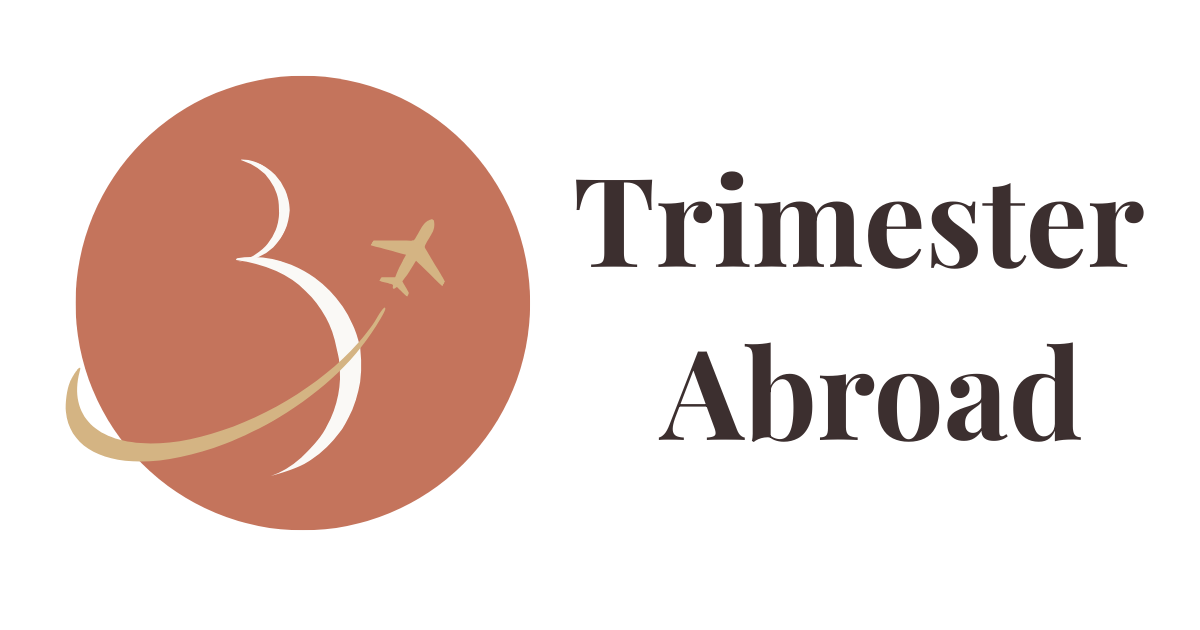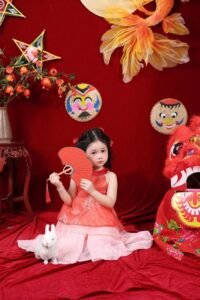Luxury hospitality thrives on the promise of consistency. A guest should know that when they book a five-star property, certain standards such as cleanliness, food quality, and service will be guaranteed. But for new and expecting parents, consistency is rare. One of the clearest case studies of this gap comes from the Mandarin Oriental Hotel Group (MOHG).
Founded in Hong Kong and now undergoing a major strategic pivot, including a C-Suite overhaul and an ambitious plan to double its global footprint in three years, Mandarin Oriental presents both the struggle and opportunity luxury brands face in capturing one of the world’s fastest-growing segments: families traveling with infants and toddlers.
Why Families Matter in Luxury Travel
The global family travel market exceeds $320 billion, and new parents are among its most influential drivers. This group books longer stays, spends more per trip, and often travels in multigenerational parties. Most importantly, if a brand can win loyalty during the demanding years of pregnancy and early parenthood, it earns repeat visits for decades.
Through firsthand evaluations of Mandarin Oriental properties in Taipei, Dubai, Amsterdam, London, and New York City, one finding was clear: brand consistency is missing, and families feel the difference.
East vs. West: Mandarin Oriental’s Split Personality
Taipei sets the gold standard. Parents are proactively provided premium diapers, wipes, cribs, and childproofing without request. Restaurants seat children thoughtfully away from air conditioning, pools stock floaties, and food is clean and fresh. This is luxury defined as peace of mind.
New York City, by contrast, fell short on every measure. Families found no diapers on property, unsafe amenities, concierge indifference (suggested families go to antique shops and flea markets to procure a stroller), pool experience interrupted by a need to sign liability waivers, and food quality closer to a mid-range chain than a five-star brand. The gap between these two properties under the same brand underscores why Mandarin Oriental closed several U.S. locations.
Between these extremes, other properties illustrate the same pattern:
-
- Dubai Jumeira relies heavily on nanny services rather than family-inclusive spaces.
-
- Amsterdam (Conservatorium, transitioning) shows promise but lacks cohesive brand training.
-
- London Hyde Park succeeds because leadership has parenting experience.
-
- London Mayfair provides functional amenities but struggles with cultural fluency in family service.
The Strategic Gap: Where Brand Values Get Lost
Mandarin Oriental markets itself as an Asian-rooted brand. In practice, its values of cleanliness, food quality, and anticipatory service dilute as the brand expands west.
For families, luxury does not mean chandeliers and champagne. It means:
-
- Safe, consistent in-room amenities (cribs that meet standards, diapers and wipes on hand).
-
- Staff trained in cultural competency (respecting parenting boundaries, knowing when to step in or step back).
-
- Food that is fresh, adaptable, and inclusive for family dining.
-
- Spaces designed with parents in mind (shaded pools, indoor playrooms, parent-and-child clubs).
Without codifying these global standards, Mandarin Oriental risks alienating families in a segment that could define its long-term growth.
The Miami Test: Expansion in the U.S.
Mandarin Oriental’s planned Miami re-opening and addition of residences in 2030 will test whether the brand can reconcile Eastern service values with an American labor force with Latin-American roots, and heavier emphasis on protecting the business over guest experience. As one of the standout luxury brands that emphasizes family-focused experiences, Mandarin Oriental’s US properties have missed the mark, leading to shut-downs and rebranding. With a hefty investment and goal to expand in the US luxury market, MOHG simply cannot afford to overlook family travelers and provide the elevated experience this audience demands.
Final Takeaways
Mandarin Oriental stands at a crossroads. As it expands westward, the brand faces a defining question: can it deliver the same elevated, family-focused experience that made its Eastern properties synonymous with refined hospitality?
Luxury is no longer just about chandeliers and champagne, it’s about peace of mind. For families, that means knowing every property, whether in Taipei or New York, offers the same level of safety, service, and sincerity. Until that becomes universal, the Mandarin Oriental experience will remain inconsistent across borders.
For parents, the message is simple: not all five-star hotels deliver peace of mind. Choose destinations and properties where leadership understands what families need. If Mandarin Oriental is on your list to experience, Taipei might just be the quintessential urban destination for this phase of life.
For travel advisors, the mandate is clear: due diligence matters. Ask the right questions, confirm the amenities, and match clients to properties that genuinely prioritize family well-being in the way your clients want to spend their time.
Mandarin Oriental has the heritage, talent, and resources to lead the luxury family travel market. Whether it succeeds will depend on how it answers its own global question:




